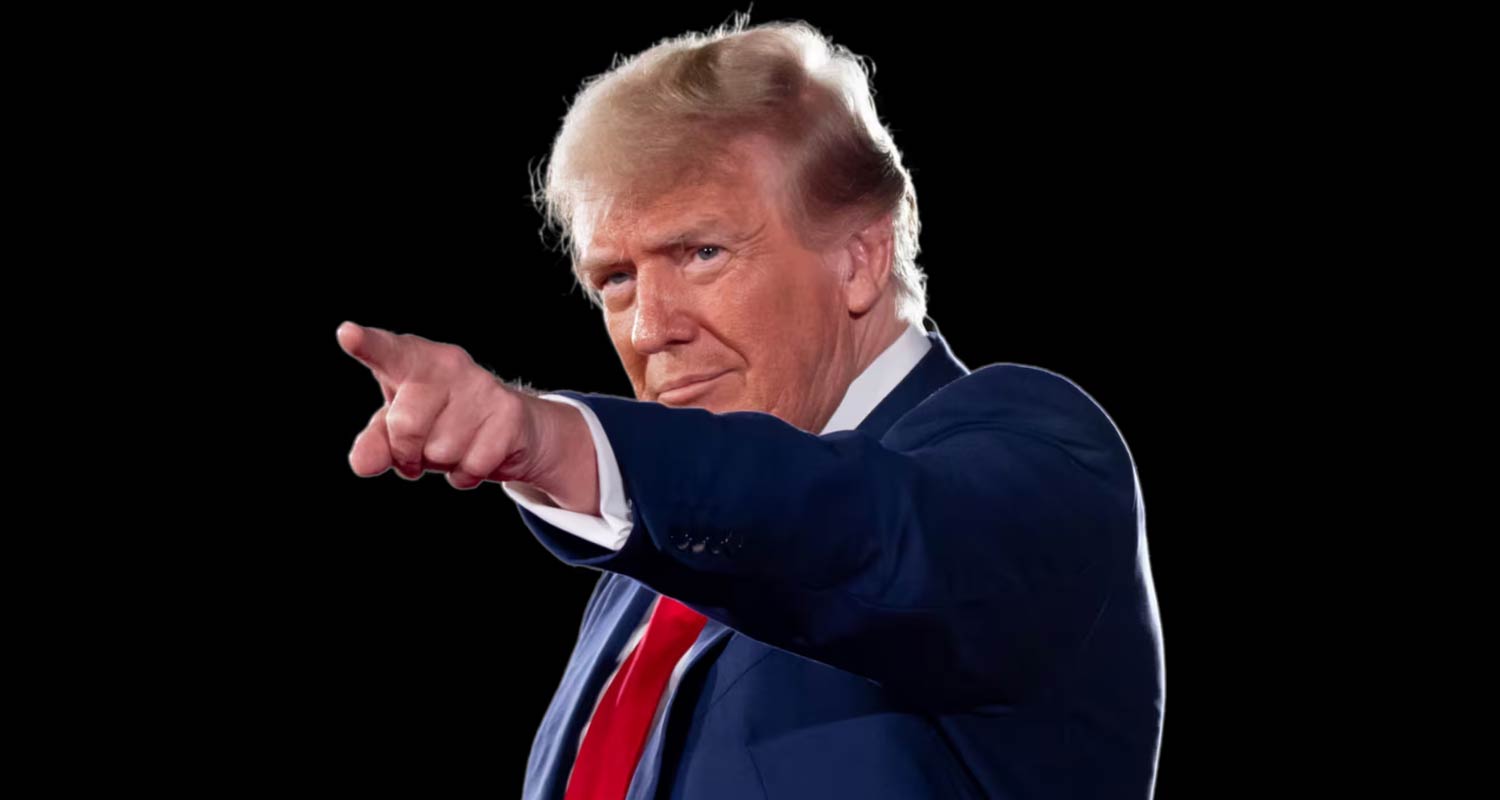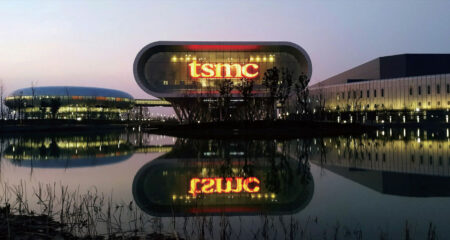
US President Donald Trump last week signed a memorandum in which he signalled a plan to introduce a reciprocal tariff regime on the country’s trading partners, including South Africa.
The memorandum does not immediately impose any new tariffs on goods coming into the US. Instead, it instructs the US department of commerce and the US Trade Representative to review how other countries treat US goods and then to implement identical policies regarding tariffs. This could include looking at any additional taxes levied on US products and other policies that make it difficult for US products to enter a given country.
“On trade, I have decided, for purposes of fairness, that I will charge a RECIPROCAL tariffs, meaning whatever countries charge the United States of America, we will charge them – No more, no less!” Trump wrote in a post on Monday on Elon Musk’s X. “For purposes of this United States policy, we will consider countries that use the VAT system, which is far more punitive than a tariff, to be similar to that of a tariff.”
Trump’s plan threatens to shake up world trade and unwind complex supply chains, some of which have taken years to establish.
According Craig Brunsden, CEO of Alviva Holdings-owned ICT distributor Axiz, South Africa’s technology sector may not escape unscathed – although he does advise companies take a wait-and-see approach.
“As Axiz, we have taken a firm bet to work with American companies, so we have an interest in how this scenario plays out. But it is too soon, especially with how Trump and the current administration chop and change, to make any drastic decisions now. What is threatened and what eventually materialises are often two very different things,” Brunsden told TechCentral. Trump on 1 February threatened increased tariffs on Mexico and Canada but has since paused their implementation.
According to Brunsden, the cautiously optimistic approach that Axiz has taken to Trump’s memorandum does not negate the risk that a reciprocal tariff regime could pose to South Africa’s economy. In his view, however, South Africa’s tech sector is not threatened by Trump’s proposed tariffs because the country is a net importer of hardware, most of which is manufactured in Asia and not the US anyway.
Supply chains
Brunsden said even entities that are headquartered in the US – such as Microsoft and Dell Technologies – manufacture most of their hardware products in Asia, usually China, and the legal entities dealing with the South African importers are typically domiciled in places such as the UK, Dubai and Ireland. Only in the event that these companies move their manufacturing plants to America will the reciprocal tariffs lead to an increase in the price of technology in South Africa.
However, as Brunsden explained, the likelihood that American tech companies will move their manufacturing to US soil is low for two reasons:
- The supply chains that would have to be unwound and reconfigured to achieve this are complex and the cost and effort required to do this will likely outweigh the benefit.
- Many of these manufacturing jobs are labour-intensive, production-line skills suited for workers in countries where the median wage is low. The US, on the other hand, is a services-led economy with high average incomes.
“Until the exporter of record is domiciled in the US, and virtually zero of what we import as Axiz – or even the South African tech sector – is domiciled there, we will not be affected by reciprocal tariffs,” said Brunsden.
According to Venter Labuschagne, director of the trade and customs practice at KPMG Africa, industries that are direct beneficiaries of the of the African Growth and Opportunities Act (Agoa) are far more exposed than the local tech sector.

Established in 2000, Agoa provides eligible sub-Saharan African countries with duty-free access to the American market for more than 1 800 products. The agreement has helped attract significant investments to South Africa from automotive manufacturers such as Volkswagen, Mercedes-Benz, BMW and others, with the industry accounting for around 22% of South Africa’s exports to the US. Other major exports benefitting from Agoa include wine and agricultural products.
But the nullification of the Agoa agreement could have an indirect impact on the tech sector through its impact on the rand, which in turn could lead to an increase in the price of imported hardware and software.
Read: Trump tariffs roil global markets
“The US is one of South Africa’s major trading partners and the motoring, chemicals and agriculture industries, in particular, will suffer on the back of increased tariffs and the potential loss of Agoa benefits,” Labuschagne said. – © 2025 NewsCentral Media
Get breaking news from TechCentral on WhatsApp. Sign up here.




